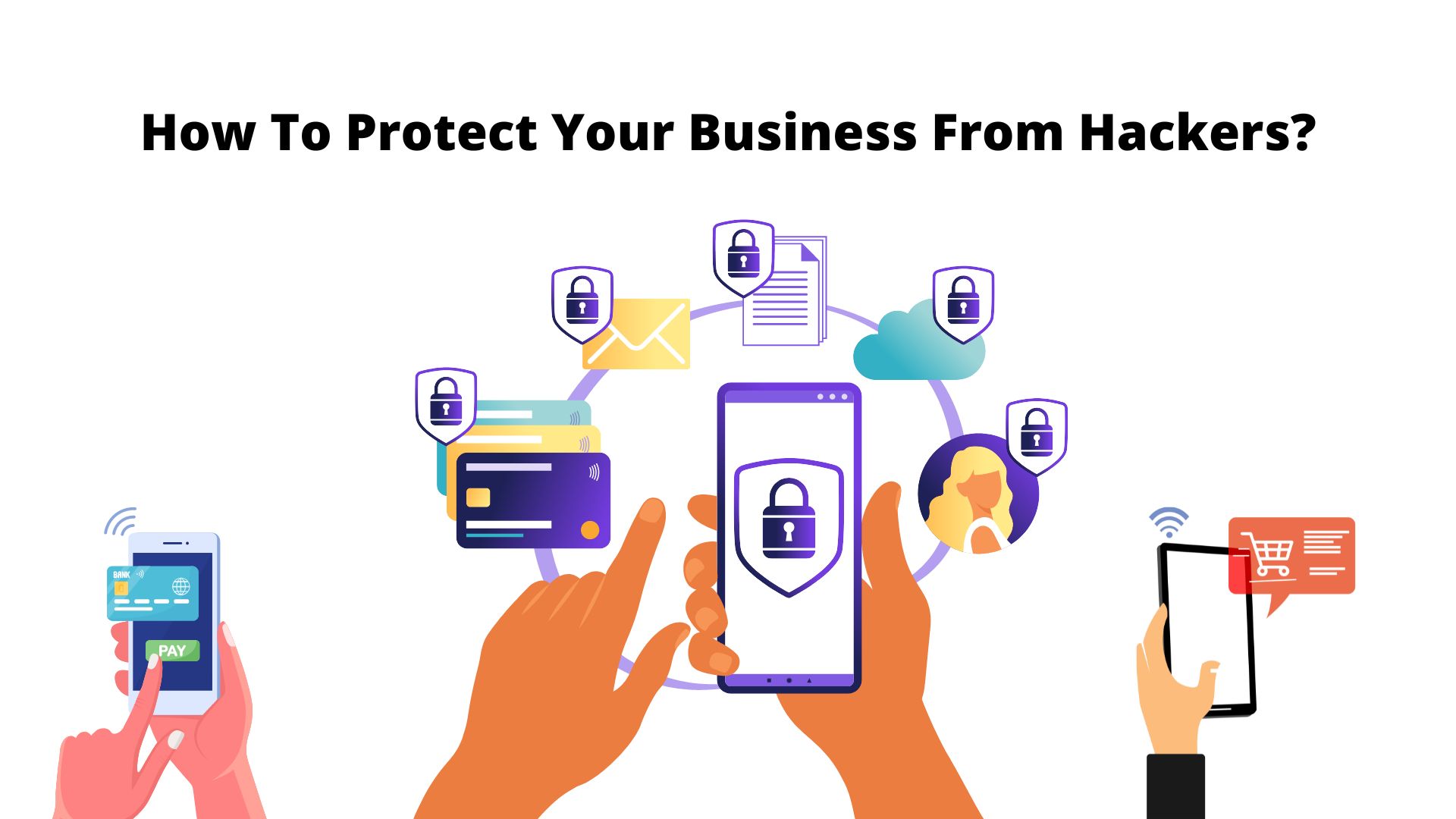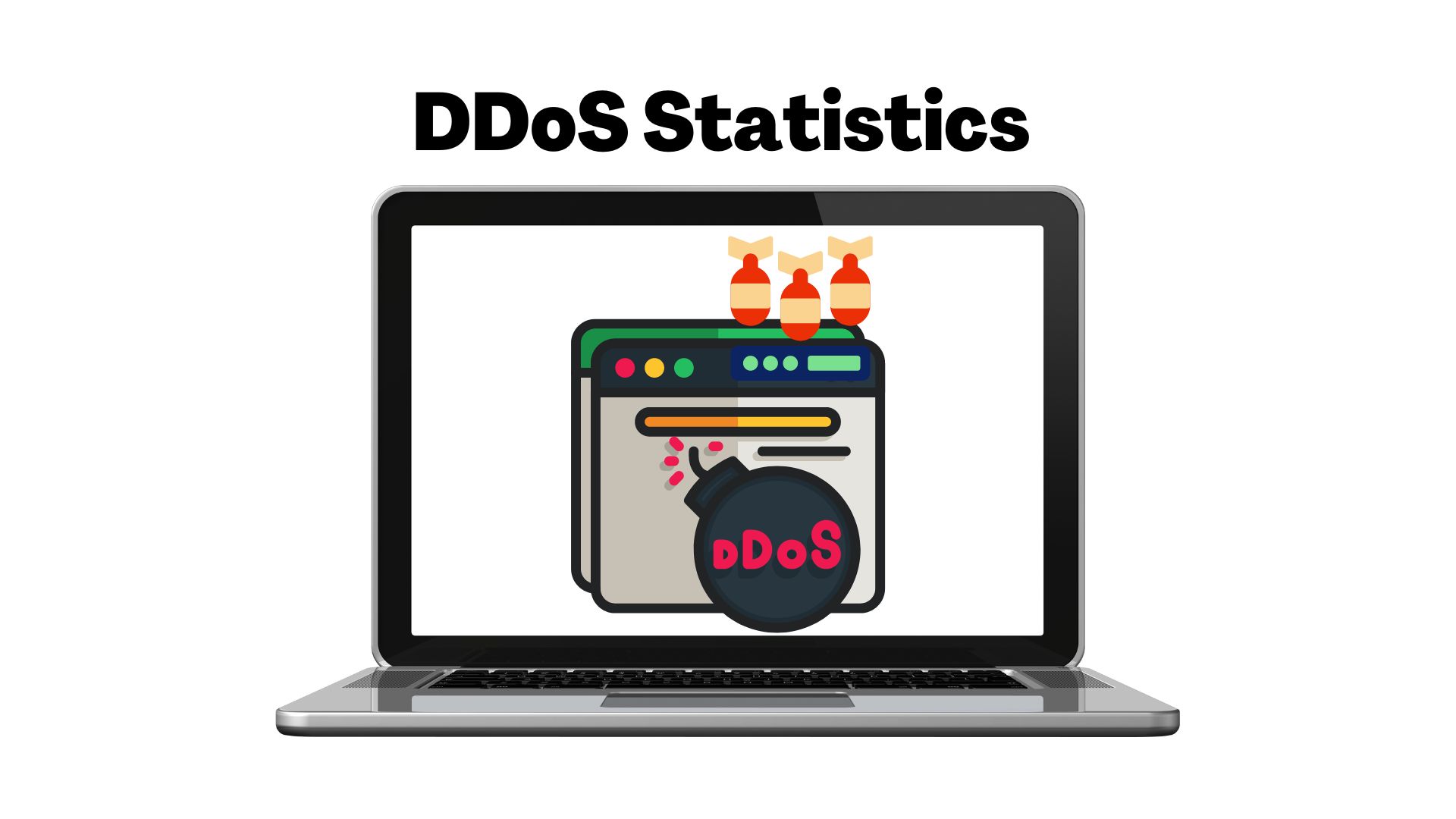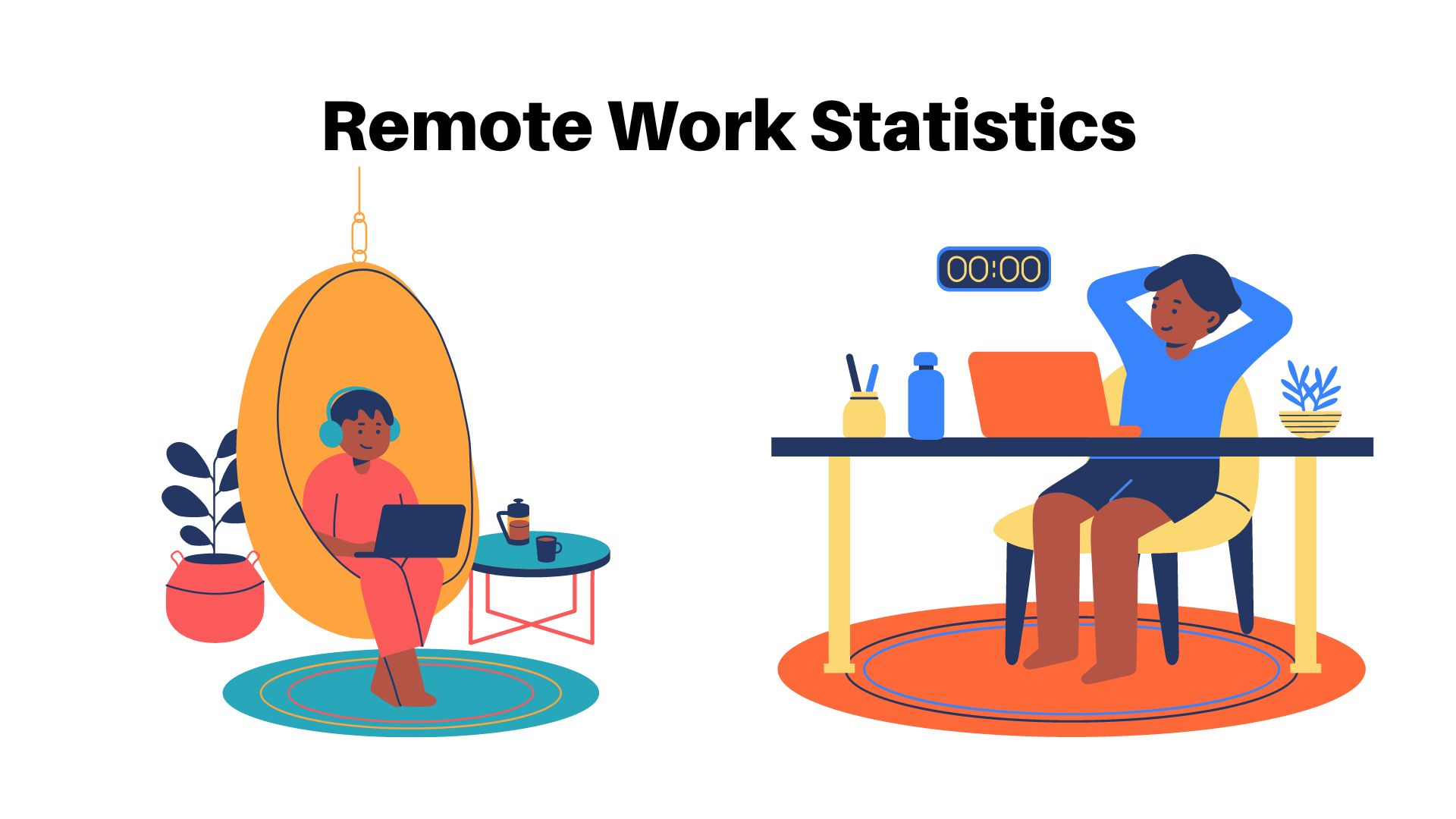Endpoint Security: How To Protect Your Business From Hackers

Page Contents
- Learn What Endpoint Security Is And How To Protect Your Business From Hackers
- What Is An Endpoint?
- The Definition of Endpoint Security
- How Important Is Endpoint Security?
- Endpoint Security Components
- How Is Endpoint Security Working?
- Different Ways To Securing Your Endpoints
- Common Endpoint Threats
- Antivirus Software Or Endpoint Security Platforms?
- Conclusion
Learn What Endpoint Security Is And How To Protect Your Business From Hackers
In this blog post we will learn about endpoint security? how to protect your business from hackers? and more. Serious crimes in the digital age don't require a lot of physical resources, and the majority of businesses don't worry about break-ins anymore. Instead, the focus now is on protecting computing devices, commonly referred to as endpoints. In our hacking statistics, we have listed all details regarding hacking.
So, what exactly is endpoint security? Simply described, this is the process of protecting the end-user devices' entry points to stop malicious actors from exploiting them. This article will discuss endpoint security's definition, importance, and how it works.
What Is An Endpoint?
An endpoint is a computing device that interacts with the network to which it is connected. Endpoints include desktops, laptops, workstations, servers, smartphones, and Internet of Things (IoT ) devices. By 2025, it is predicted that 152,200 IoT devices will be connecting to the internet each minute.
The majority of employees have the option to use company-provided devices or bring their own. This practice is known as BYOD or bring-your-own-device, and an increasing number of companies are encouraging it. However, such practices involve security concerns and emphasize the significance of protecting your endpoints.
Cybercriminals have recognized endpoints as having more obvious vulnerabilities through which it is simpler to breach entire networks
There are many types of attacks. Hackers may seize control of the endpoint and then demand money from the company in exchange for access to the data, or they may even use an employee's device as part of a botnet to launch a denial-of-service (DoS) attack.
The Definition of Endpoint Security
Endpoint security, as its name suggests, is a term used to protect the endpoints and prevent network breaches.
An entire business could be rendered unusable if just one endpoint is affected by a malicious attack. An endpoint security solution's main objective is to ensure that every device within the network is protected.
Multi-layered endpoint security ensures that businesses are protected with a centralized management console, vulnerable endpoint detection, behavioral analysis, multi-factor authentication, and real-time monitoring. Later on in this article, we will discuss how it all works.
How Important Is Endpoint Security?
Data is a very important component of every business. Sensitive data exposure can lead to severe reputational damage or enormous financial losses. Because of this, companies are taking every precaution to safeguard themselves against bad actors. Additionally, nowadays, network security alone is not sufficient.
In the past, cybercriminals mainly targeted corporate networks. However, there has been an increase in endpoint breaches, which has led to the introduction of more endpoint security products. Sometimes it is simpler to take over a single endpoint and then, through that access, affect the entire network to which it is connected.
Endpoint security platforms provide numerous layers of protection, and unlike legacy antiviruses, they can assist in identifying patient-zero devices and removing the threat.
Endpoint Security Components
The following essential components are commonly present in every endpoint security software:
- Integrated endpoint firewall.
- Encryption of email, disk, and endpoint.
- Email gateway prevents block phishing attempts and social engineer attacks on employees.
- Protection against insider threats like malicious and unintentional actions or rogue employees.
- Machine learning allows for the detection of zero-day threats.
- Advanced antimalware protection can be used on all devices to protect against all types of attacks.
How Is Endpoint Security Working?
Endpoint security platforms allow administrators to examine and safeguard all data and workflows on devices connected to the business network.
Administrators have access to a centralized console, which is an essential feature of the endpoint security platform. Software to secure every endpoint can either be installed directly or remotely.
The central console's interface is relatively easy to use, and everything is clearly shown on the dashboard despite its extremely sophisticated functionality. Administrators will not need to manually review everything, as they can access all necessary parameters at their fingertips. Typically, these include each endpoint's security status, all types of alerts, and key performance indicators.
Furthermore, some people use multi-factor authentication to offer an additional layer of security. Those with access to sensitive information typically need to prove their identity via several authentication methods, including a biometric log-in.
Administrators can also block access to potentially hazardous websites to protect endpoints and ensure safe browsing. More advanced solutions can detect even polymorphic and zero-day attacks.
The cloud-based protection focuses on threat detection, elimination, and prevention. The focus of endpoint protection also includes updating and analyzing network files. On-site server and data backups require physical security as well.
Different Ways To Securing Your Endpoints
The following are some of the most popular types of endpoint protection:
- Insider threats present a severe risk because you don't know who might be your rogue employees. Disgruntled workers can access sensitive data, sell, leak, or delete it. ZTNA, or zero-trust network access, controls who and how long can access sensitive information.
- Network access control allows you to manage which endpoints or users are connected to your network and see their activities. It has been demonstrated that this endpoint security system is highly effective.
- Data loss prevention protects users from data theft, sometimes known as data exfiltration. It can be prevented by educating employees about various phishing techniques; however, it is still important to secure every endpoint with an endpoint security platform.
- Secure email gateways examine the messages coming into and out of your system and check if there is any potentially harmful content in the emails. If that happens, the users cannot access the flagged email's content.
- URL filtering is an easy method that can save you a lot of hassle. It is accomplished by blocking potentially hazardous websites. A software firewall is often needed for this kind of endpoint security.
- Endpoint encryption ensures that specific information can only be read and accessed with a decryption key. Only people who have the decryption keys can easily unlock the data.
Common Endpoint Threats
The prevalence of endpoint threats has increased, and numerous attacks can now be employed to penetrate an endpoint and ultimately imperil your company's data. The more typical threats are listed below:
- Drive-by downloads are particularly cunning since they let the malicious code download without the user having to click on anything. A website can unintentionally download something and compromise the security of your endpoint network just by being accessed.
Endpoint security systems can detect any new software installed on any of the devices, and action is quickly taken to remove the file and limit the damage.
- Phishing attacks can be used to target individuals and businesses. These attacks are often carried out through email. They send emails to large numbers of addresses hoping to get sensitive information from some of them. Phishing was responsible for nearly a third of all data breaches in 2018.
This is usually done by sending an email pretending to be a website or a company that the victim frequently visits and asking for log-in or banking information. A vital endpoint security service aims to stop your devices from ever becoming infected by these threats.
- Ransomware takes control of the user's data, which encrypts it until the ransom is paid. This can severely compromise endpoint cyber security. Phishing emails or downloads can lead to the installation of ransomware. After infecting the device, the attacker notifies the victim that access to the information will be blocked until they pay a fee.
Businesses and individuals are advised to avoid paying ransoms because there is no assurance that the data will be unlocked after payment or that the attack won't happen again. Instead, be careful to alert the authorities if this occurs to you.
Moreover, they can affect businesses as well as individuals, just like phishing. However, businesses are the preferred targets as they are more likely to pay the ransom for information that is essential to their operations. Every endpoint must be secured for overall security.
- Unpatched vulnerabilities might happen due to laziness or a lack of cybersecurity knowledge. It could result in serious harm if you leave your systems unattended or continue to ignore a few vulnerabilities.
These vulnerabilities could give hackers access to your system, allowing them to erase your data, extort you, or even sell the information to the highest bidder.
Antivirus Software Or Endpoint Security Platforms?
This article's information emphasizes the significance of endpoint security protection. But which tools offer the best form of security?
Traditional antivirus solutions can only protect one endpoint, while the endpoint protection platform (EPP) will take care of the whole network and closely monitor all connected endpoints. Additionally, endpoint platforms can examine system behavior and spot any unusual activity, resolving the problem before an attack occurs.
Ultimately, the majority of antiviruses will require you to update your computers manually, while endpoint security solutions do everything automatically, and often an IT staff serves as the system administrator.
Conclusion
How To Protect Your Business From Hackers? – The demand for securing these endpoints has grown as companies began operating with several devices from remote locations. These PCs, laptops, or smartphones contain priceless information that might cause irreparable harm if it falls into the wrong hands.
The security of your devices will not likely be adequately protected by traditional antivirus software; thus, getting proper endpoint protection is strongly advised by cybersecurity experts. Therefore, if you own a business, you should take every precaution to protect your devices. This is one way to ensure your business' security.
Endpoint security platforms provide continuous protection for your network and all its devices. It includes everything from URL filtering and data loss prevention to endpoint encryption and protects email gateways.

Barry is a lover of everything technology. Figuring out how the software works and creating content to shed more light on the value it offers users is his favorite pastime. When not evaluating apps or programs, he's busy trying out new healthy recipes, doing yoga, meditating, or taking nature walks with his little one.



